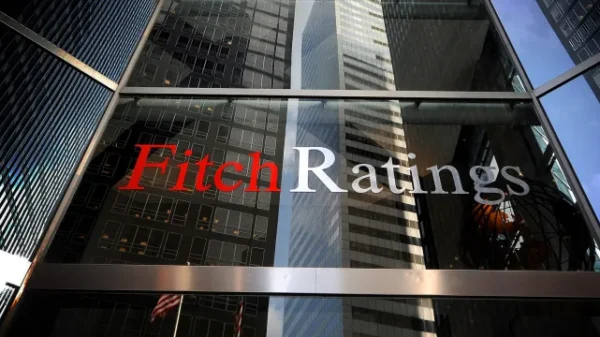Saudi Arabia is set to inaugurate the first phase of the Riyadh Metro project on November 27, marking a major step forward in the Kingdom’s Vision 2030 initiative to establish Riyadh as a global commercial and innovation hub. Approved in 2012 at a cost of $22.5 billion (SR84.4 billion), the project has encountered challenges, including logistical hurdles and delays caused by the COVID-19 pandemic.
The initial phase will launch operations on three of the six planned metro lines, with the remaining lines scheduled for activation by mid-December. Once completed, the 176-kilometer system will stand as the world’s longest driverless metro network.
The first phase will serve crucial routes across Riyadh, including Al Orouba to Batha, King Khalid International Airport Road, and the intersection of Abdulrahman Bin Auf Street with Sheikh Hassan Bin Hussein Street. These lines will connect major city areas, improving daily commutes for thousands of residents.
The Riyadh Metro is a cornerstone of Saudi Arabia’s urban development strategy, designed to meet the needs of a growing population and enhance transportation efficiency. By reducing reliance on cars, the metro aims to alleviate traffic congestion, improve air quality, and contribute to environmental sustainability.
Additionally, the project is expected to generate significant employment opportunities during its construction and operational phases, further bolstering the city’s economic growth.










